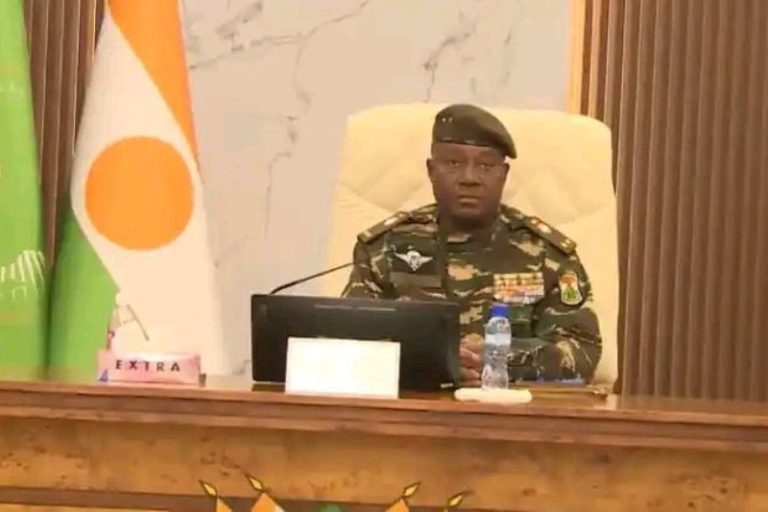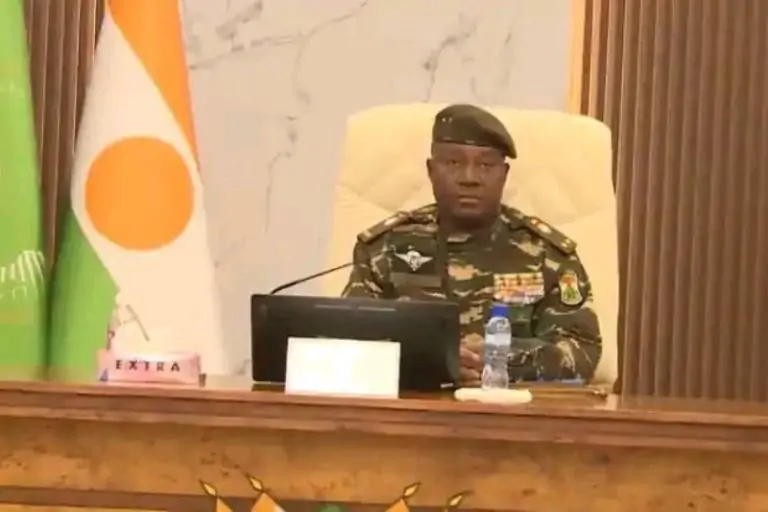

nigers transition regional dialogues pave the path for inclusive governance
Prime Minister Ali Mahaman Lamine Zeine’s recent initiative in Agadez signifies a significant juncture in Niger’s transitional phase. The emphasis on an “inclusive national” discourse sets the tone for comprehensive discussions encompassing various stakeholders. The participation of over 300 representatives from diverse backgrounds—elected officials, traditional leaders, former rebels, youth organizations, and NGOs—underscores the breadth of engagement in shaping the country’s trajectory.
These dialogues serve as platforms for deliberating critical aspects pivotal to Niger’s future. Discussions on transition duration, fundamental principles, priority areas, and other pressing issues—such as foreign company involvement, immigration challenges, and regional security concerns—show the breadth of topics under consideration. The involvement of international bodies like Ecowas and their recent decisions to potentially lift sanctions underscore the regional and global significance of Niger’s transitional phase.
The rendezvous in Agadez, orchestrated by Prime Minister Ali Mahaman Lamine Zeine, stands as a beacon of hope in Niger’s transitional period. The thrust toward an “inclusive national” conversation manifests a pivotal shift, aiming to engage a spectrum of voices—political, traditional, youth-oriented, and civil society—in shaping the country’s roadmap. With diverse participants converging to deliberate on critical facets of the transition, these regional assemblies serve as cradles for a collaborative framework that prioritizes consensus and broad-based participation.
Beyond the political sphere, the discussions in Agadez delved into multifarious issues, reflecting the intricate tapestry of challenges and opportunities confronting Niger. From determining the transition’s duration to outlining fundamental guiding principles and priority areas, the conversations resonated with the pulse of a nation in flux. In addressing concerns about foreign company involvement in resource exploitation, challenges of migration, and regional security dynamics, these dialogues paint a comprehensive canvas that goes beyond governance intricacies, embracing economic, social, and security imperatives.
The ripple effects of Niger’s transition resonate beyond its borders, drawing attention from regional entities like Ecowas. The potential lifting of sanctions hinges on the transition’s duration and its handover to civilian authorities, indicating regional interest and support for Niger’s stability and democratic evolution. Moreover, the involvement of foreign players in Niger’s economic landscape and security concerns accentuates the interconnectedness of Niger’s challenges with broader international dynamics, shaping the context within which these dialogues unfold.
The U.S.-based driver training company Zutobi analyzed road safety worldwide and found South Africa stays last in driving danger since…
The Basketball Africa League (BAL) returns for its 2025 season with exciting changes and developments. Since 2019 the NBA-linked basketball…
The Somali president supports their military forces to eliminate the threats from Al-Shabaab, ISIS, and Al-Qaeda. The Somali National Army…
UAE President Sheikh Mohamed bin Zayed Al Nahyan held talks with President Faustin Archange Touadéra of the Central African Republic…
African football teams struggle intensely in the World Cup Qualification rounds to earn their place on the international football stage.…
The journey toward the 2026 FIFA World Cup is rapidly intensifying for all African teams, who now hold a historical…
This website uses cookies.